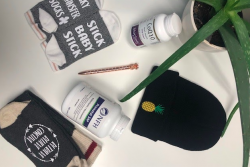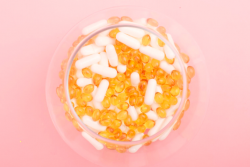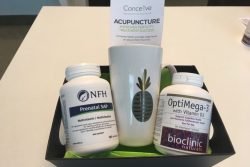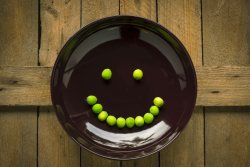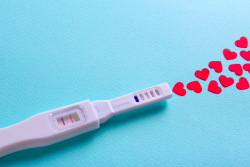In an interview with Dr. Tracy Malone, she discussed how to improve egg health for better fertility – including what chemicals, pesticides, and toxins to avoid.
Dr. Tracy Malone ND:
Eggs start to develop about 100 days prior to ovulation. That 100 days, it’s the environment in which the egg matures that can really impact its viability for pregnancy. I think it is important to sort of recognize that and clean up the environment that they’re maturing in, and provide adequate nutrients so that they can have a healthy metabolism. This is also known as preconception care.
Dr. Tracy Malone ND:
What I’m trying to get at when I’m talking about environmental exposure and fertility, for sure, it’s the food we eat. There’s an organization called The Environmental Working Group. And each year they put out a new list of what they call The Dirty Dozen. These are the top 12 foods, usually fruits and vegetables, that have the highest pesticide residues. California strawberries have an average of 17 pesticides per strawberry. Versus The Clean Fifteen, which is the 15 least contaminated fruits and vegetables.
Dr. Tracy Malone ND:
These chemicals are ubiquitous. They’re everywhere. They’re in you. They’re in me. It’s just at what level? And then, how well does she detoxify? And how long do they hang around in her system? So, as a blanket term, I like to intro my patients just to The Clean Fifteen,
Dirty Dozen as a concept and say, “Okay, well, we can’t eat all organically all the time. It’s too hard, it’s too expensive. But we can choose our favorites from The Dirty Dozen list and choose to eat those ones organically, especially in the periconceptual phase, that 100 days. I also introduce the concept of reducing the amount of xenoestrogens like plastics and things like that in your environment, and encourage her to get a glass, or a stainless steel water bottle and stop drinking out of inexpensive plastics that are going to break down into your water. So, those things.
Dr. Tracy Malone ND:
Everybody wants to know about cosmetic products, and makeup, and hair dyes, and things like that. The average woman would apply somewhere between 6 to 12 products in her morning routine, which would probably run over probably about 100 different additives and chemicals that she’s applying to lotions and potions to her face and hair, skin, and nails on a daily basis. And these can all accumulate in her system too.
Dr. Tracy Malone ND:
You can’t live in a bubble, this is what I’m trying to get across to my patients, so don’t be afraid to go outside. But you can make conscious choices to choose products that have less chemicals. Just little changes can make a big difference in your overall environmental load when you’re preparing for pregnancy. In my opinion, it’s as important as prenatal.
For more information on your fertility and how to improve the health of your eggs, book an appointment today.

